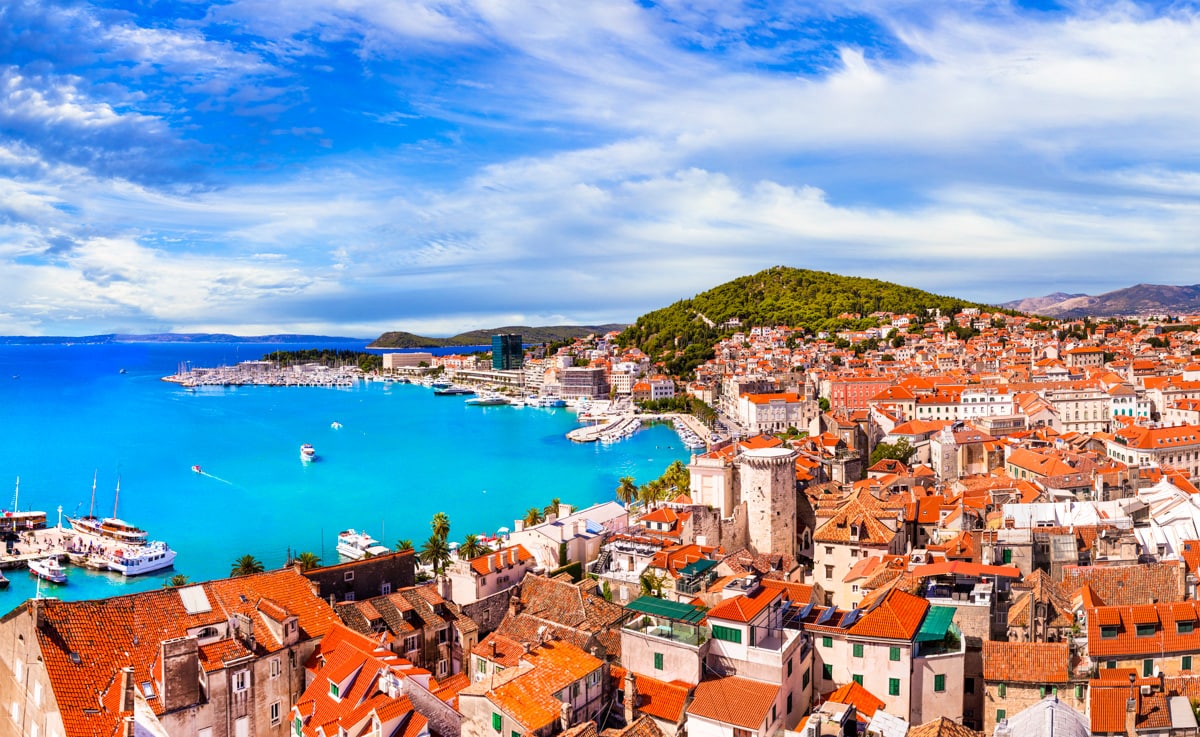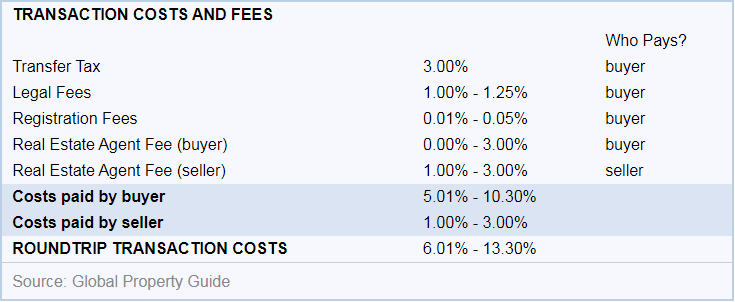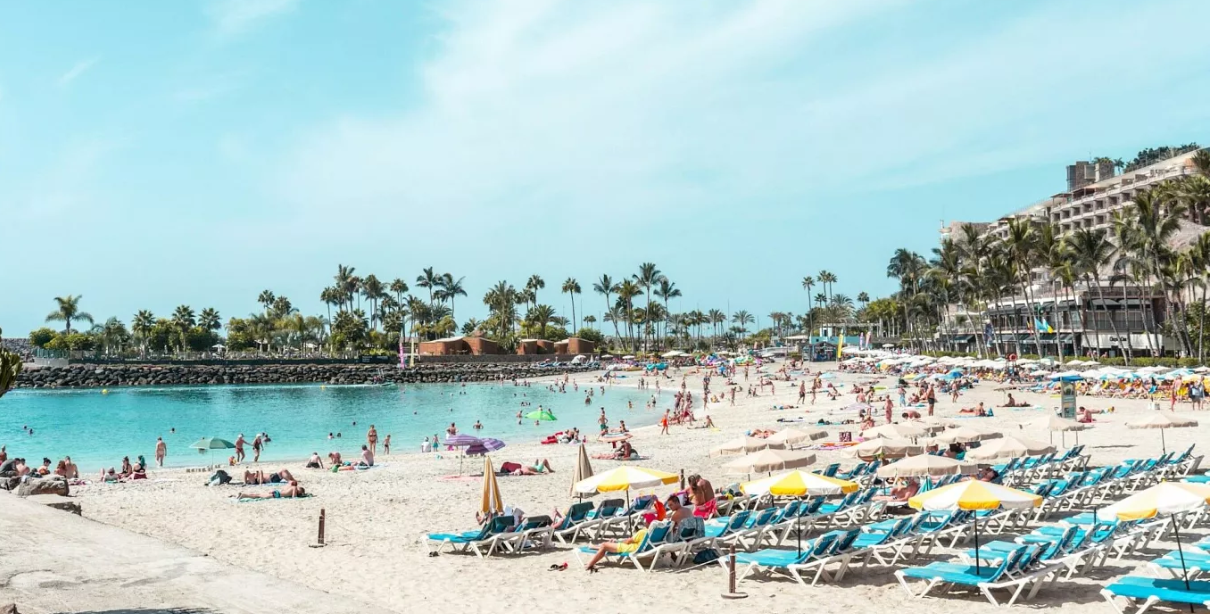How to Purchase Property in Croatia as a Foreigner
Citizens and legal persons from any EU member state, Liechtenstein, Norway, and Iceland can acquire real estate in Croatia under the same conditions as Croatians.
does not cover properties in exempted areas such as islands and agricultural lands - acquiring such properties is subject to consent by the Minister of Justice and Public Administration.
Swiss nationals can also purchase properties without prior consent from the Croatian government but will have to present a certificate of temporary residence in Croatia.
For all other nationals, a reciprocity agreement needs to be in place between Croatia and the buyer’s country (meaning that Croatians must be able to purchase real estate in that 3rd country as well).
Do the research
Begin by researching the wonderful country of Croatia, its regions, and the real estate market. Optionally, you can engage the services of a real estate agency (but expect to pay around 3% in commissions when doing so) to suggest and show you suitable properties. Most foreign buyers are purchasing properties either in the capital or the Adriatic coast:
Zagreb - Sitting on the banks of river Sava, Zagreb is the capital of Croatia. Rich in history and culture, yet offers a very cosmopolitan atmosphere. The Upper Town is a maze of cobblestone streets and medieval architecture. The Lower Town has an urban vibe with museums and outdoor cafes.
Rijeka - The gateway to islands on the Istrian peninsula, Rijeka is a port city with plenty of maritime charm. It’s also a popular seaside resort with pristine beaches, the famous Trsat castle, and one of the biggest annual carnivals in Europe.
Split - Croatia’s second largest city that offers lively nightlife, plenty of historical landmarks, and a stunning promenade - the Riva. Split is the essence of coastal Croatia which also offers plenty of options to travel to the nearby Dalmatian islands.
The availability of financing is more scarce than in other European countries. Only recently banks in Croatia started offering mortgages for citizens of countries in the European Union. Interest rates can vary greatly from around 3%-7%, thus it’s crucial to engage with multiple banks to understand what they have to offer.
Property Visits and Preliminary Contract
Once you have found suitable properties, make sure to visit them in person to get the best overview. To move forward, a sales price needs to be agreed and a preliminary sales contract will be signed. In this stage, it’s already recommended to engage the help of a real estate lawyer to make sure all the documents are in order. In most cases, a 10% deposit is paid by the buyer when the preliminary contract is signed.
Due Diligence and Sales Contract
After the deposit payment, the due diligence process will start. This includes analyzing property documents and ensuring that there are no outstanding legal issues or other encumbrances. If everything checks out, the property purchase agreement is drafted and signed in front of a public notary. If the buyer cannot be present in the country at the time of signing, their lawyer can act through a power of attorney on their behalf. After the payment of the rest of the sales price, the sale is registered at the Land Registry and the title of the property will be transferred to the buyer.
Property Buying Costs and Taxes in Croatia
https://www.globalpropertyguide.com/






